How Revenue Management Affects... Sales
How Revenue Management Affects… Sales
This is the first in a series on how revenue management affects every part of your business.
If I am lucky enough to have you as a regular reader, you will know my belief that 'Revenue Managers Rule the World'. Tongue in cheek I know, but what I really mean by it is that Revenue Management impacts every part of your business and as such, should be a highly valued skill.
We now live in an era where the role of a Revenue Manager is (mostly) given the kudos, training and mentoring it deserves but not always... And that lack of understanding is costing your business.
In this post, let's start by looking at the impact Revenue should have on Sales. Our goal is of course to
I myself come from a hotel sales background, so I do understand the love of targets and being very focused on delivering great business, but too often, Sales people just don't understand what is actually 'great business'. This is where the Revenue Manager comes in and both Sales and Revenue really should be working on the same strategy and working together.
Let us take the scenario of a Sales Manager securing business from
But let's take a step back... what really should happen is that the Sales Manager and the Revenue Manager should sit down and agree on the strategy for the hotel in the first place. The Sales Manager should understand when the hotel needs tour groups and when it doesn't. What rates these groups need to pay and what is a 'walk rate'. What negotiables they can offer (ten complimentary upgrades as an example). What days of the week can absorb a hit on rate and which days the rates need to be protected.
And of course, it is not just about the rate tha this new business brings but also about the incremental spend that is predicted and more importantly the cost of sale. This really takes us back to ProfPAR. Nett your rate down; deduct
As an industry, we have long been accused of working in silos. If you are serious about changing your business and making clever revenue decisions, then you must insist on your teams working together. As with everything in life, there is strength in numbers and working in isolation is never a good thing.
Encourage your Sales and Revenue teams to work together. Set-up weekly meetings. Make sure both departments understand the targets they have been set and let them work on those targets as a team. This is when the magic will happen...
Right Revenue - 'helping independent hotels make dynamic pricing decisions and grow revenue, through smart technology and useful data'

